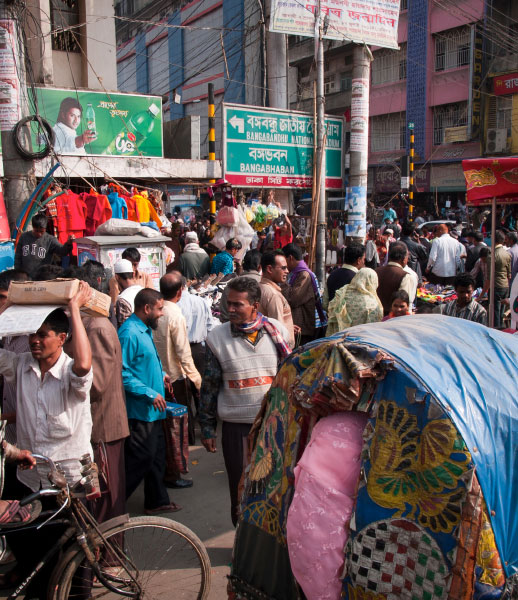Population Dynamics and Human Well-Being
Researchers in the Population Program study population dynamics and human well-being in a large variety of contemporary and historical settings.
Birth, death, marriage and migration combine with culture to shape the human experience. This powerful combination allows us to understand the dynamics of social and health inequalities, human responses to environmental change, and the causes and consequences of human migration for individuals and places.
The Population Program is home to the CU Population Center, funded by the Eunice Kennedy Shriver National Institute of Child Health and Human Development. It draws interdisciplinary researchers from across campus and beyond, with expertise in anthropology, behavioral genetics, demography, economics, geography, history, information science, psychology, and sociology.
The Population Program offers an outstanding training environment and student research opportunities, and houses CU Boulder’s Graduate Certificate in Population Studies.

Please consider a donation to IBS.
Program Highlight
The Population Program faculty are heavily engaged with the Rocky Mountain Federal Research Data Center (RMRDC) to work with highly restricted social science data. Co-located in the Institute of Behavioral Science, access to the RMRDC facilitates important faculty investigations of childhood mortality across the US, immigrant health and assimilation, and the social and economic implications of regional shifts in employment opportunities.

CU Population Center
The CU Population Center (CUPC) is a community of scholars and professionals engaged in population research and training across the University of Colorado. CUPC affiliates conduct research on adolescent health, health conditions (including HIV/AIDS), health behaviors, and health disparities, and are quickly delving into the emerging field of biodemography. Migration is becoming an increasingly important determinant of national and regional population distributions, as well as an important determinant of the socioeconomic well-being and health of both migrants and nonmigrants. The complex interactions between population and the environment represent important arenas of inquiry for CUPC.
